The network builds upon pioneering efforts of plastic pollution specialists at EA – Earth Action and Quantis, particularly the Plastic Leak Project released in 2020. The Plastic Leak Project guidelines introduced the first comprehensive methodology for global companies to assess the environmental impact of plastics utilized in their products, services, and operations.
As plastic pollution continues to be a significant global issue, PFN provides a collaborative space where individuals and organizations are uniting to chart a new, more effective path toward plastic pollution mitigation.
The focus of the network is establishing harmonized, science-based frameworks and strategies for plastic pollution assessment, target setting and mitigation action. Other network efforts include advocating for meaningful global solutions, including a robust Plastics Treaty. Organizations committed to demonstrating leadership in the fight against plastic pollution are encouraged to join the network and take advantage of benefits including:
Contribute, develop, explore and exchange innovative ideas and creative solutions to the plastic pollution crisis with other committed companies and individuals.
Connect and collaborate with diverse stakeholders to amplify your impact in addressing plastic pollution.
Demonstrate your commitment to addressing plastic pollution by fostering a more comprehensive understanding of plastic pollution challenges and ensuring broad implementation of effective solutions.
Garner the support needed to advocate for sustainable practices and policies, contributing to a significant reduction in plastic waste at local, national, and international levels.
Remain informed to stay ahead of risks and opportunities, and be empowered to pursue a plastic pollution-free future with the latest industry insights and strategies coming from network members.
The PFN exists thanks to the generous contributions of our community of experts, sponsors and members.
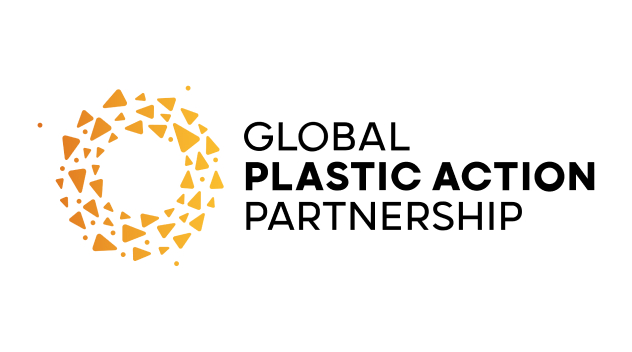
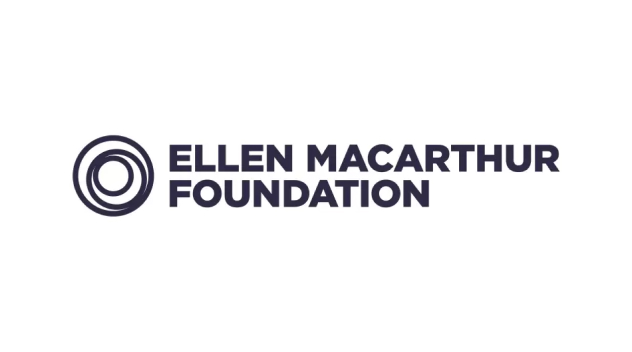

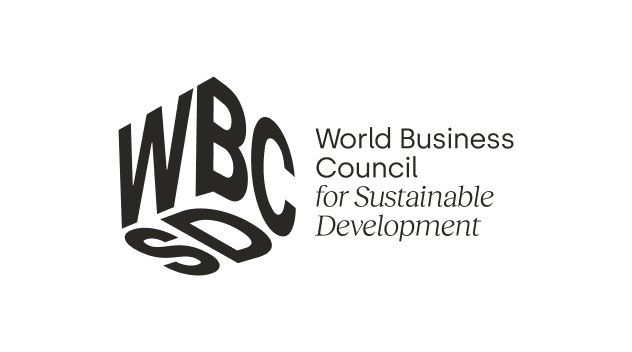
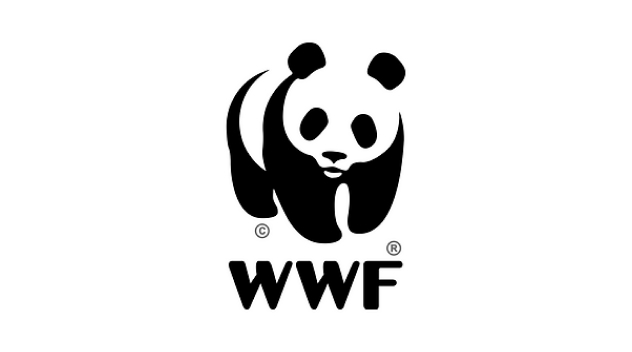


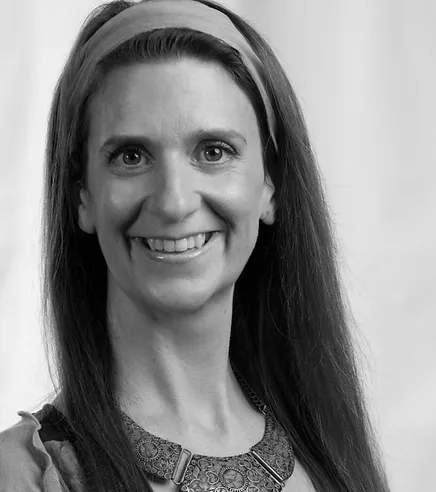
Anne-Marie Boulay Professor
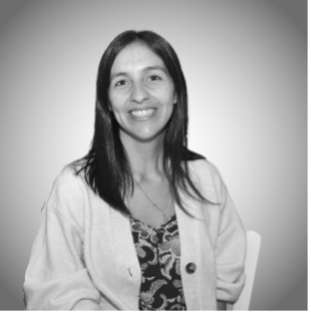
Diana Ita Nagy
Doctor in Engineering

Marthe Alnes Høiberg
Environmental researcher

Ginevra Oertel
PhD Candidate

Heath Logan
Assistant professor

Thonemann, N
Environmental scientist and engineer
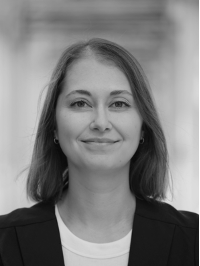
Zoie Diana
Environmental scientist

Valentina Pauna
Senior researcher at NORSUS

Bernd Nowack,
PhD, Professor
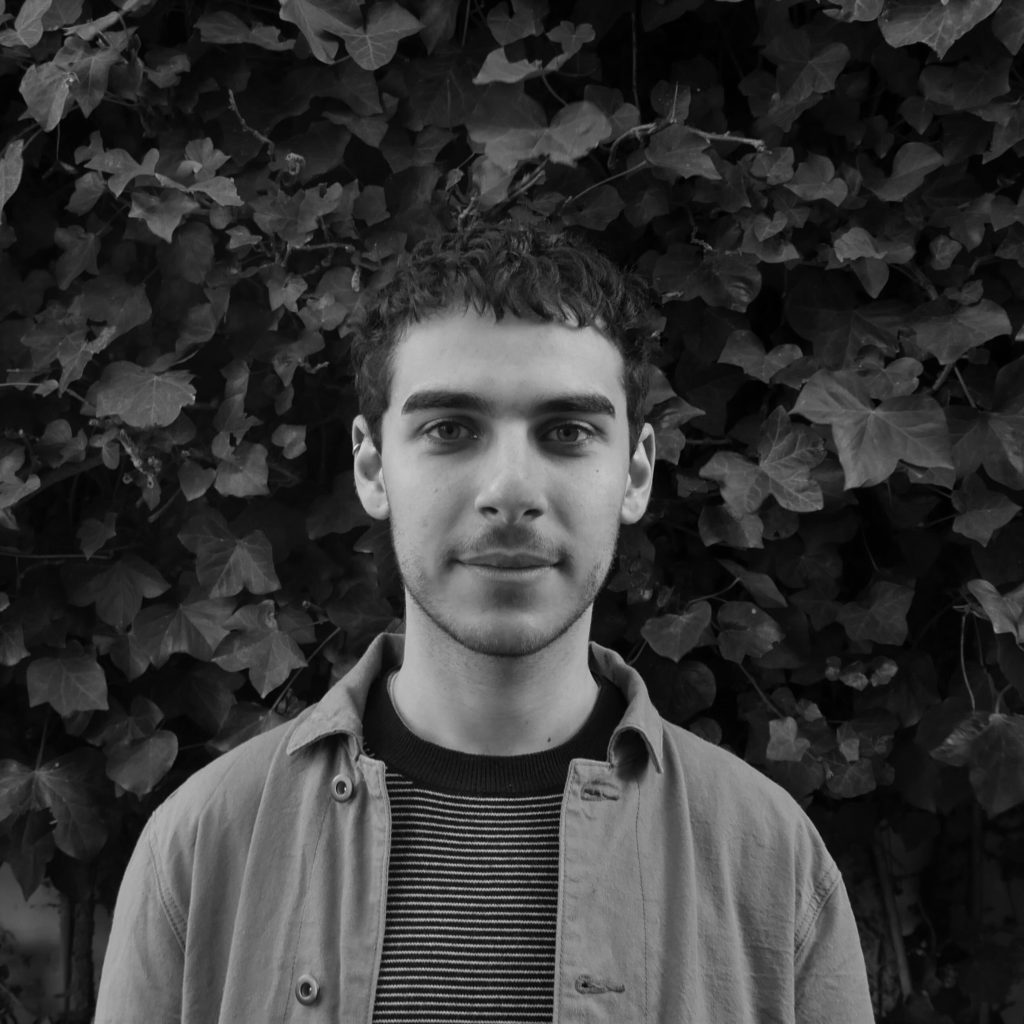
Nadim Saadi

Vinay Yadav
Phd, assistant professor
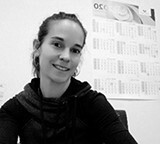
Maider Iturrondobeitia Ellacuria
Full professor at Bilbao School of Engineering
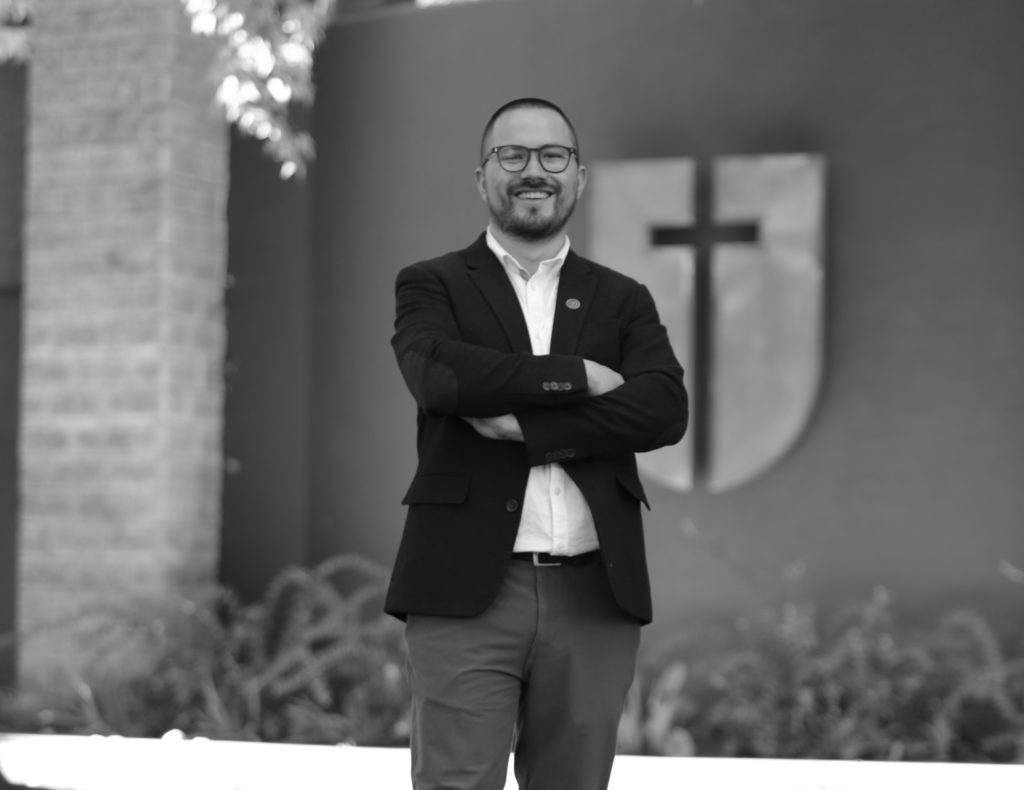
Ricardo Rebolledo Leiva
Assistant Professor
2025 sponsors will be announced in Q2 2025
PFN members represent a broad spectrum of stakeholders including: brand owners, product manufacturers, environmental consultants, sustainability activators, plastics researchers, footprint specialists, and NGOs who are leading global plastic pollution mitigation efforts.
All individuals and organizations that are committed to using robust science and collaboration to create solutions to the plastic pollution crisis are invited to join the Plastic Footprint Network.
Technical University of Munich | TUM · Chair of Circular Economy and Sustainability Assessment

Founder
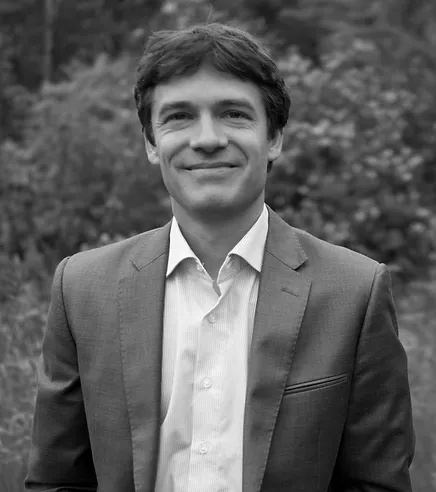
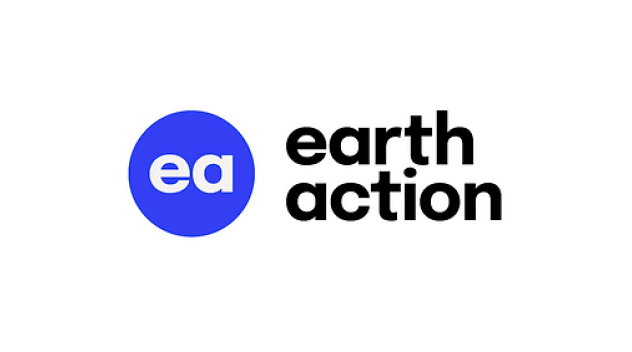
Julien Boucher is a sustainability entrepreneur and expert with over 15 years of experience in sustainability consulting, research and eco-design. He recently played a pivotal role in the development of plastic footprint methodologies and modelling of both micro- and macro- plastic pollution. He is a co-founder of Quantis in 2006, EA Earth Action in 2012, and Plasteax in 2021. Julien is lead author of > 20 publications and scientific reports and conducted consultancy projects for over 200 clients. Julien sits in the board of REFFNET, ENEC & ASL.
Principal Sustainability Consultant
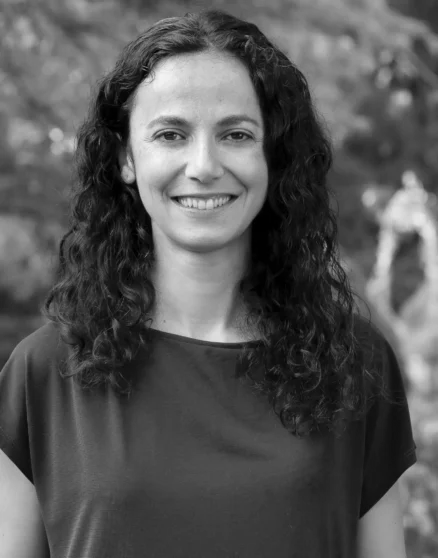

Laura works as a principal sustainability consultant at Quantis.
Senior Consultant
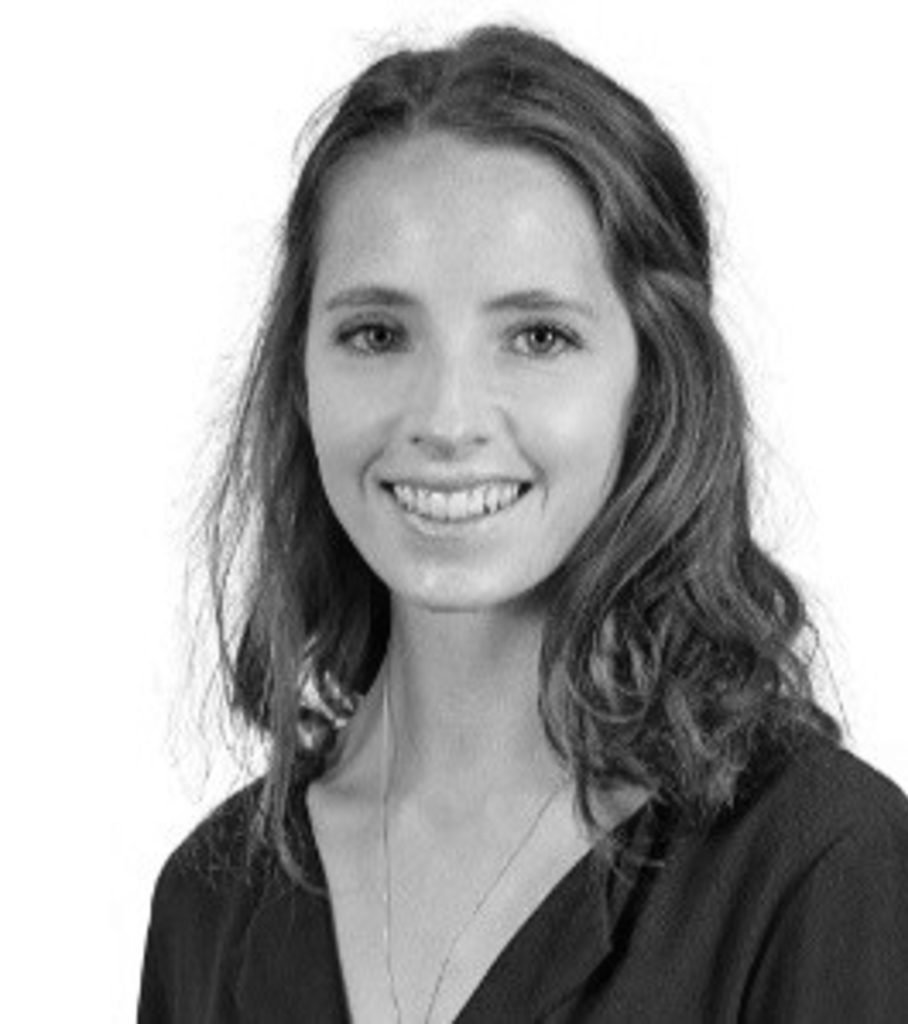
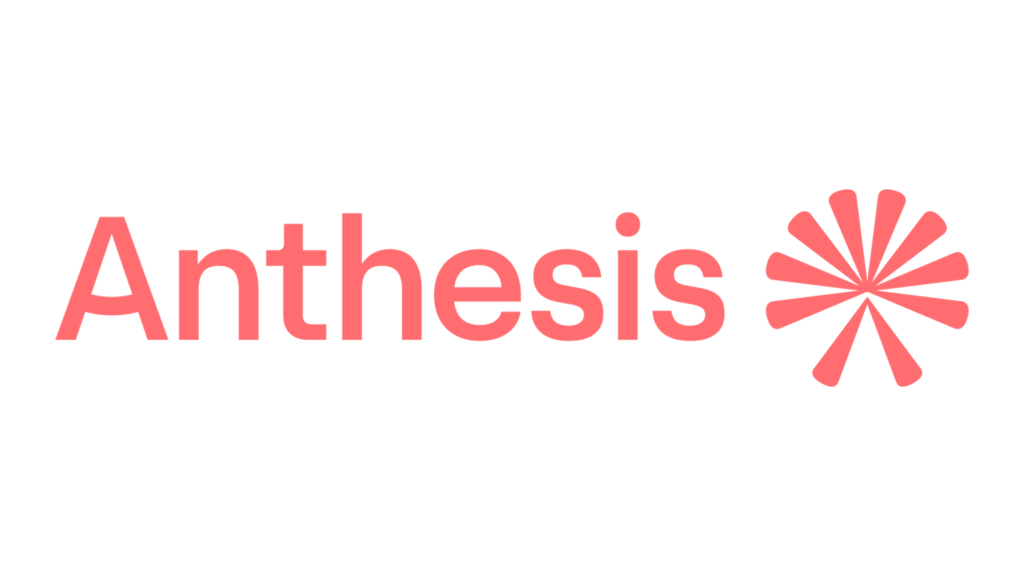
Katie is a Senior Consultant in Anthesis’ Production and Consumption team, experienced using data analysis to support the private sector reduce their environmental impact and the public sector develop policies to drive environmental improvements. Katie works to calculate clients packaging footprints and develop strategies to increase packaging sustainability, considering whole lifecycle impacts. In addition to packaging, Katie has experience tackling marine plastics, and has supported Defra to explore policy options to tackle marine litter from fishing gear.
Associate
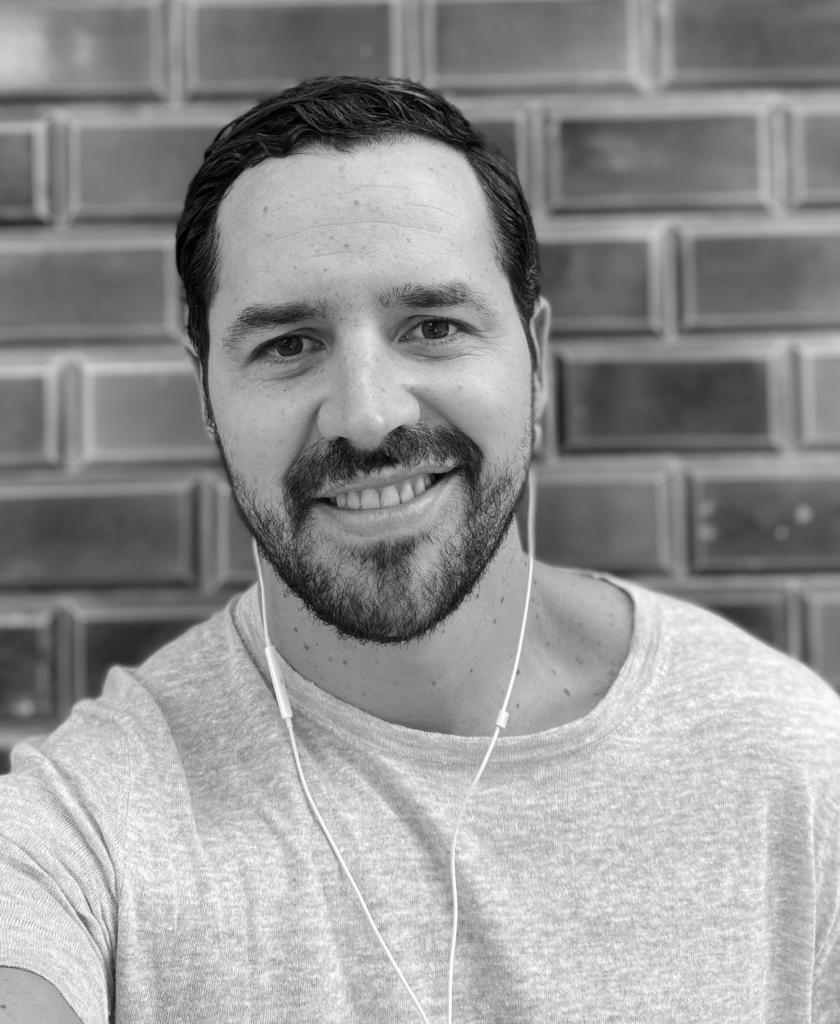
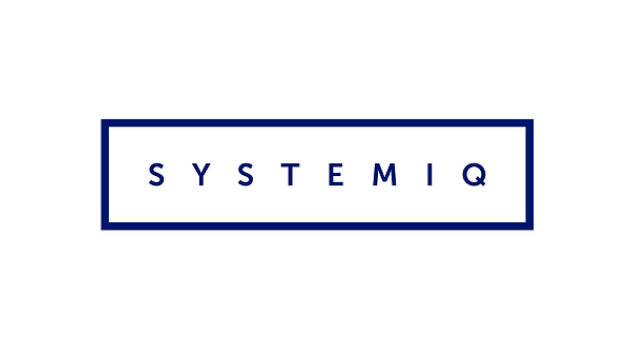
Juan Pablo Trespalacios is a member of the Materials and Circular Economy Platform at SYSTEMIQ, with a focus on plastic and packaging systems.
His work centers on advising global companies across the plastic value chain—including polymer producers, converters, and consumer goods companies—to drive systemic change toward more sustainable packaging solutions.
Juan Pablo brings expertise in systems modeling and strategic insight generation on topics such as alternative materials, chemical recycling, and carbon stewardship within the plastics sector.
He currently leads the collaboration between SYSTEMIQ and the Global Plastic Action Partnership (a platform of the World Economic Forum) to develop national Action Roadmaps for eliminating plastic pollution across 25 partner countries.
He also has a background in business and marketing strategy consulting, with particular experience in the consumer goods sector across Latin America, the United States, and Europe.
Senior Program Officer

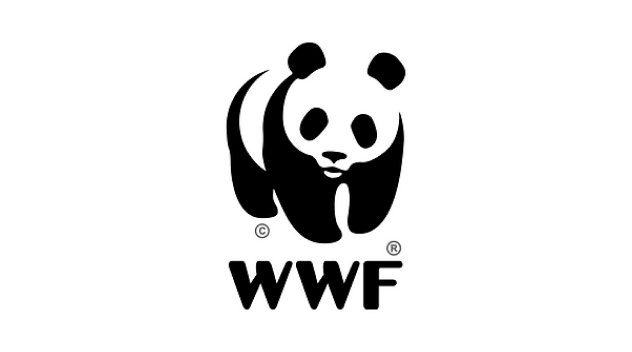
Daniel Håbesland is a Senior Program Officer on the Plastic & Material Science team at WWF. He leads the team’s work on measurement and reporting and manages the ReSource Footprint Tracker, the framework through which organizations in ReSource: Plastic, the U.S. Plastics Pact, and the Canada Plastics Pact report on and track progress against their plastic commitments. Using the data collected through the ReSource Footprint Tracker, Daniel advises companies on their sustainable packaging strategies and identifies key trends, challenges, and opportunities for collective action. He also works closely with other leading organizations in the corporate plastic disclosure space to drive for harmonization of definitions, metrics, and methodologies.
Professor

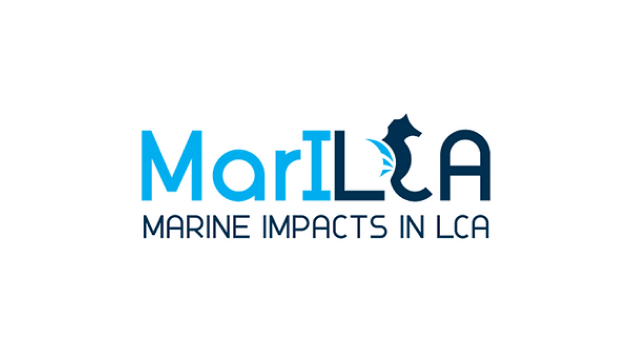
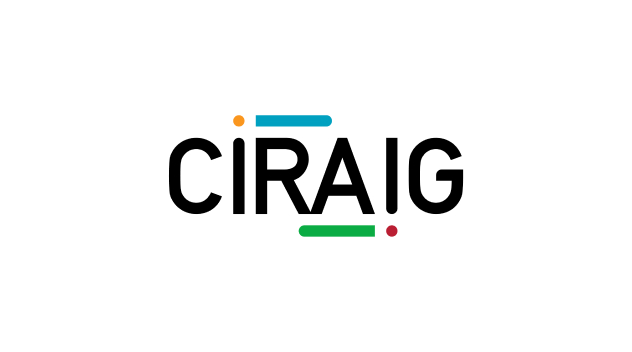
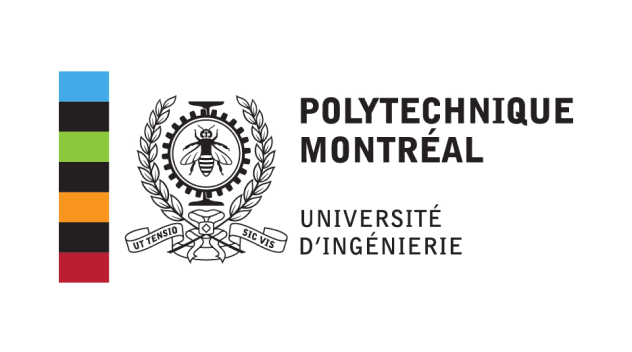
After more than 10 years in Life Cycle Impact Assessment, Anne-Marie Boulay has become an expert on water footprint, providing water footprint training for UNEP and ISO in developing countries around the world and she is the Canadian chair of ISO sub-committee on Life Cycle Assessment. Assistant Professor in Chemical Engineering at Polytechnique Montreal and CIRAIG, she is also chairing the WULCA working group on water use in LCA of UN Environment, the LEAP working group of FAO on water footprint and the MARILCA working group (UN Environment and FSLCI) on marine impacts, specifically plastic litter, in LCA.


Doctor in engineering by the Pontificia Universidad Católica del Perú. She is an environmental engineer with a master’s degree in industrial ecology from TU Delft and Leiden Universities in the Netherlands. Her current research involves the assessment of the environmental impacts of marine waste, including the development of characterization factors to assess the implications on resource depletion and the development of a methodology to quantify the amount of plastics reaching the coasts from land-based sources.

Marthe A. Høiberg is an environmental researcher with a PhD in industrial ecology and a background in biology. She specializes in plastic pollution from fisheries, developing models and indicators to assess biodiversity impacts. She also contributes to harmonizing efforts to integrate plastic into LCA through her involvement in scientific committees such as MarILCA.

Ginevra Oertel is a PhD Candidate at the Ocean Operations and Civil Engineering Department at NTNU Ålesund, Norway. Her research focuses on creating prevention strategies for marine plastic pollution within the maritime/marine sector. Her PhD looks at the shipbuilding industry’s impact on marine microplastic pollution. She analyses the microplastic generation from ship paint during production processes and ship operations and suggests approaches for prevention and management. She is also involved in a transnational European research project on marine fishing gear pollution and its management. Ginevra is a member of the Scientists’ coalition for an effective plastics treaty.

Heath is an assistant professor at Leiden University, in the Industrial Ecology group at CML . Her research focuses on the development of Life Cycle Assessment data for products and consumer goods. Her work begins with lab-based sampling and composition analysis of these products (specifically plastics, textiles, footwear, and cosmetics), she then maps the flows of goods in society using Material Flow Analysis, and finally transforms the findings from these analyses into usable inventories for LCA Datasets on these products.
In addition, she studies the role of consumer behaviour and interaction with the supply chains and waste management systems for products and goods in society, exploring how user behaviour and interactions with goods influence modelling and planning for the transition to prospective future economies (repair, circular, etc.).

Distinguished environmental scientist and engineer specializing in quantitative sustainability assessment, focusing on prospective assessments of emerging technologies while considering planetary boundaries.

Dr. Zoie Diana (pronouns: she/her) is an interdisciplinary environmental scientist and Liber Ero Postdoctoral Fellow in the Rochman Lab in the Department of Ecology and Evolutionary Biology at the University of Toronto. She is broadly interested in anthropogenic stressors and pollution abatement as a global sustainability challenge. Her research explores aquatic ecosystems in the Anthropocene by characterizing the ecological consequences of the stressors in aquatic ecosystems and examining societal responses and mitigation. Much of her work thus far has focused on plastic pollution as an anthropogenic contaminant.
She co-founded the Duke University Plastic Pollution Working Group and previously earned her Ph.D. at Duke University in Dr. Dan Rittschof’s lab in the Marine Science and Conservation Division and Integrated Toxicology and Environmental Health Program. She is also served as plastic waste consultant for the World Bank. For more information, please see her CV here. In her spare time, Zoie can be found running, reading, or walking her rescue greyhound Charlie.

Valentina is a senior researcher at NORSUS with a focus on plastics, specifically micro- and nanoplastic pollution. She holds a B.Sc. in Chemistry from Colorado State University, USA, M.Sc. in Climate Science and Solutions from Northern Arizona University, USA, and a Ph.D. in Environment, Resources and Sustainable Development from the University of Naples, Parthenope, Italy. Valentina successfully defended her thesis, titled: “Addressing New Global Environmental Problems: An interdisciplinary approach to assess the impacts of microplastics on marine ecosystems.” on May 11th, 2022.
Valentina joined NORSUS in November 2021. Her research is guided by systems thinking and interdisciplinary work and collaboration, summarized by what she likes to describe as looking at complex problems through both a telescope and microscope, simultaneously. She has also been an active member of the MarILCA network Scientific Committee since December 2019, in which the participants are focused on integrating potential environmental impacts of marine litter into LCA. Since 2024 she has been research coordinator in the SFI project DSolve.
Valentina has experience with filling crucial knowledge and data gaps in emerging scientific fields by following information flows across relevant disciplines.

Prof. Dr. Bernd Nowack holds a MSc. (1992) and a PhD (1995) in environmental sciences from ETH Zürich. He is leading the “Environmental Risk Assessment and Management” group at Empa, the Swiss Federal Laboratories for Materials Science and Technology. He is also adjunct professor in the Department of Environmental Systems Science at ETH Zürich. His research deals with environmental risks of advanced materials, engineered nanomaterials, plastics and nano/microplastics. He is founding co-Editor-in-Chief of the journal NanoImpact. He has been listed from 2014 to 2022 for nine consecutive times as “Highly Cited Researcher” in the category “Environmental Sciences/Ecology” from Clarivate Analytics.
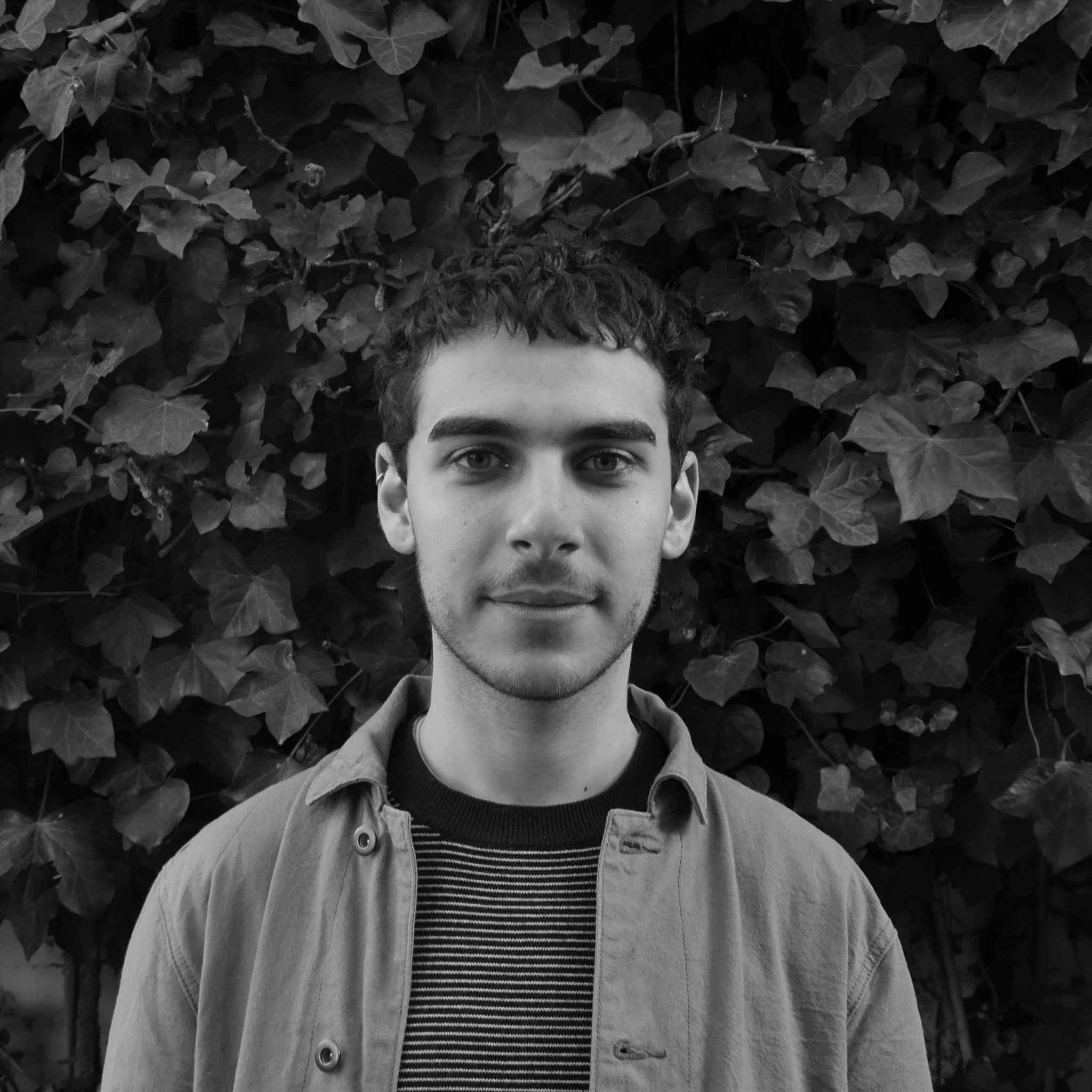
Nadim Saadi is a PhD candidate at the CIRAIG at Polytechnique Montreal under the supervision of Prof. Anne-Marie Boulay. His research focuses on integrating the environmental impacts of microplastics into Life Cycle Assessment, through their impacts on biodiversity or disturbances to ocean biogeochemical cycles. Nadim is a member of MarILCA and also co-led the impacts working group of the PFN.

Vinay Yadav is an Assistant Professor at the Indian Institute of Technology (IIT) Kharagpur. Prior to this, he served as an Assistant Professor at the Indian Institute of Management (IIM) Jammu and IIM Visakhapatnam, and as a Marie Curie Postdoctoral Fellow at the Technical University of Denmark. He holds a Ph.D. and Masters from IIT Bombay, Mumbai, and Bachelors from Banaras Hindu University, Varanasi.
He is a recipient of SERB International Research Experience Fellowship at Nanyang Technological University (NTU), Singapore; the WIMEK Research Fellowship at Wageningen University & Research (WUR), the Netherlands; and the Global Fellowship jointly awarded by Imperial College London and the Technical University of Munich.
His research expertise spans optimization under uncertainty, interval analysis-based operations research techniques, and the quantification of plastic losses to the environment.

Maider Iturrondobeitia Ellacuria, Chemical Engineer, University of the Basque Country (2006), PhD in Materials Science and Technology, University of the Basque Country (2014), is a Full Professor at the Bilbao School of Engineering (EHU-UPV) since July 2025, and belongs to the Department of Graphic Expression and Engineering Projects.
She belongs to the research group “Life Cycle Thinking Group”, a group recognized by the EHU since its creation in 2021. She is a member of the steering committee of the European Master in Project Management and academic secretary of the PhD program in Engineering Project Management and Sustainable Processes, at the Bilbao School of Engineering. Her teaching focuses on Graphic Expression (degrees in Mechanical, Electrical, Electronic, and Automation Engineering), Life Cycle Thinking (Master’s in Circular Economy and its Application in Business at the University of the Basque Country), and sessions on Product Life Cycle Management and Sustainability (European Master’s in Project Management at the University of the Basque Country).
She actively participates in Enlight projects (the IP of one of them) and Erasmus+, where she has taught international master’s courses (Trondheim, Norwegian University of Science and Technology, NTNU) and training courses at KU-Leuven.
Since 2006, Maider has worked in industrial companies, research centers, and as a predoctoral researcher at the University of the Basque Country, where she completed her PhD in bionanocomposites. Her research career has focused on the design, processing, and characterization of micro- and nanopolymeric composites, specializing in bioplastics and industrial composites. She has also specialized in Life Cycle Assessment and LCA techniques. Techniques she implements in her research related to the plastics sector and/or other sectors.
Regarding her research activity, she has published 56 articles in the Web of Knowledge (WOS), of which 35 belong to T1 and 28 are Q1). She has an index of 17 in the WOS and 20 in Google Scholar. Maider has also supervised 3 PhD-s and currently is working on another 3.
Since 2006, he has actively participated in more than 60 research projects (IP in 6, obtaining more than €300,000 to carry out the research) both in a private company and as a member of the university. He has supervised three doctoral theses defended in 2021, 2023, and 2025, and is currently supervising two more. He has supervised more than 20 Master’s and Master’s Thesis projects and annually supervises three co-supervision internships between the University of the Basque Country and companies of the Basque Country.
Maider has also organized the international conferences “International Conference on Socio-Environmental Footprints-2024” and the International Conference “Ingegraf 2026. Sustainable design for one health.”
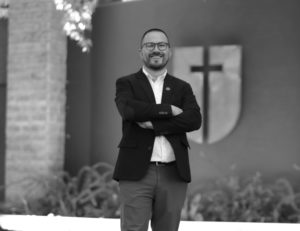
Assistant Professor in the Department of Computing and Industries at Universidad Católica del Maule, Chile. He holds a PhD in Chemical and Environmental Engineering, European Mention, and was awarded the Cum Laude distinction by the Universidade de Santiago de Compostela, Spain.
His research focuses on Life Cycle Sustainability Assessment, Absolute Environmental Sustainability Assessment, and integrating new environmental impacts, like plastic contamination, in the Life Cycle Assessment framework.
He has published over 40 peer-reviewed articles in international journals, two book chapters, and two conference papers. He currently serves as Associate Editor in the Journal Cleaner and Circular Bioeconomy (Elsevier), and achieved a cover image in the Journal Bioresource Technology (Elsevier).